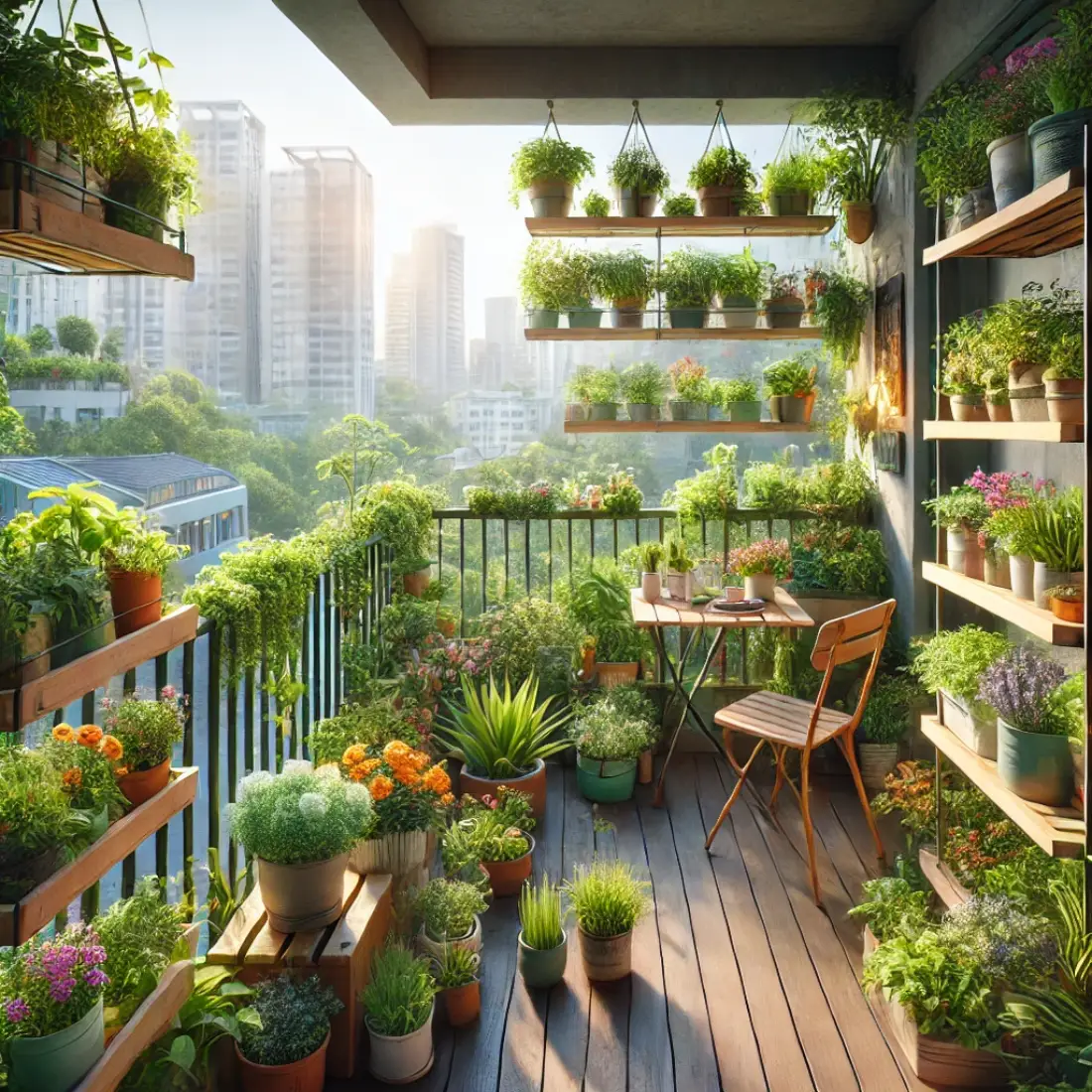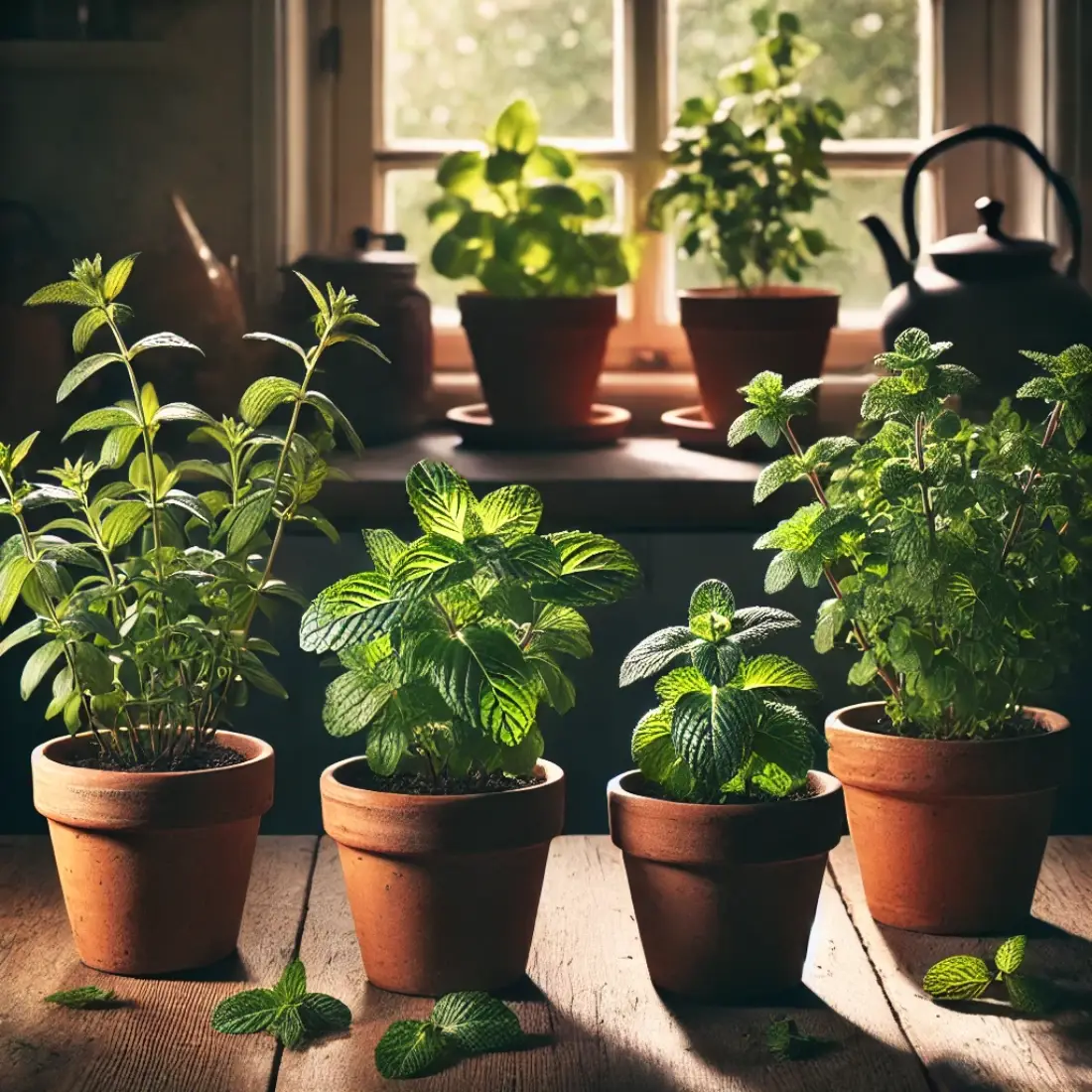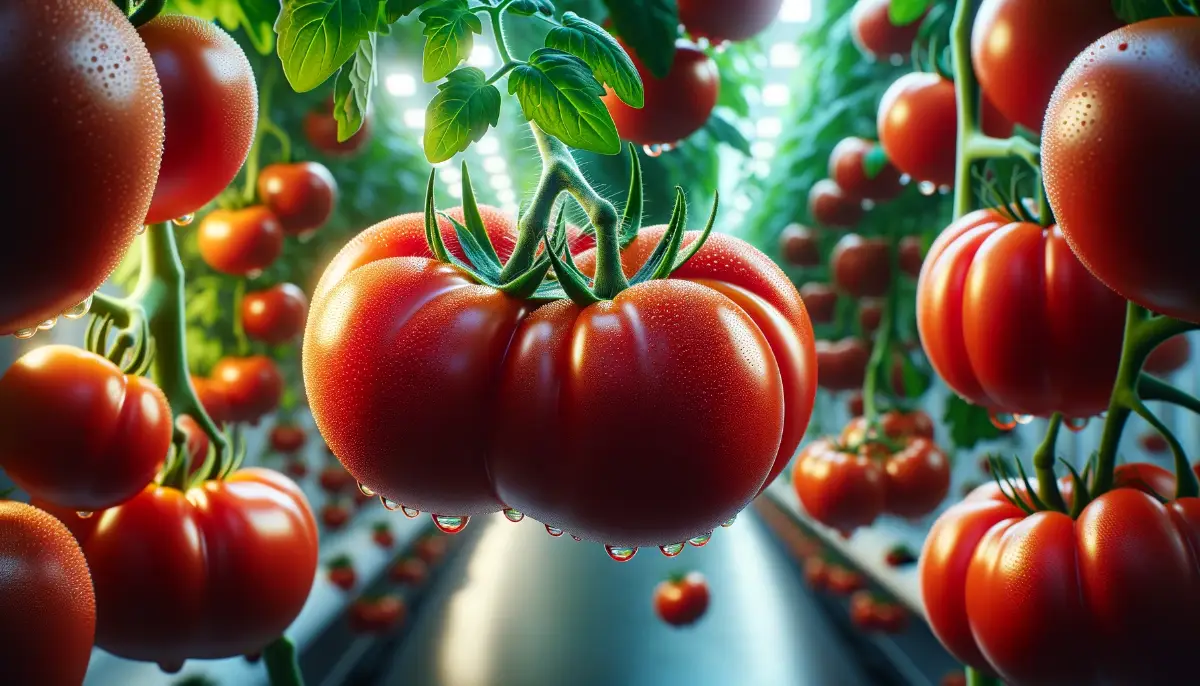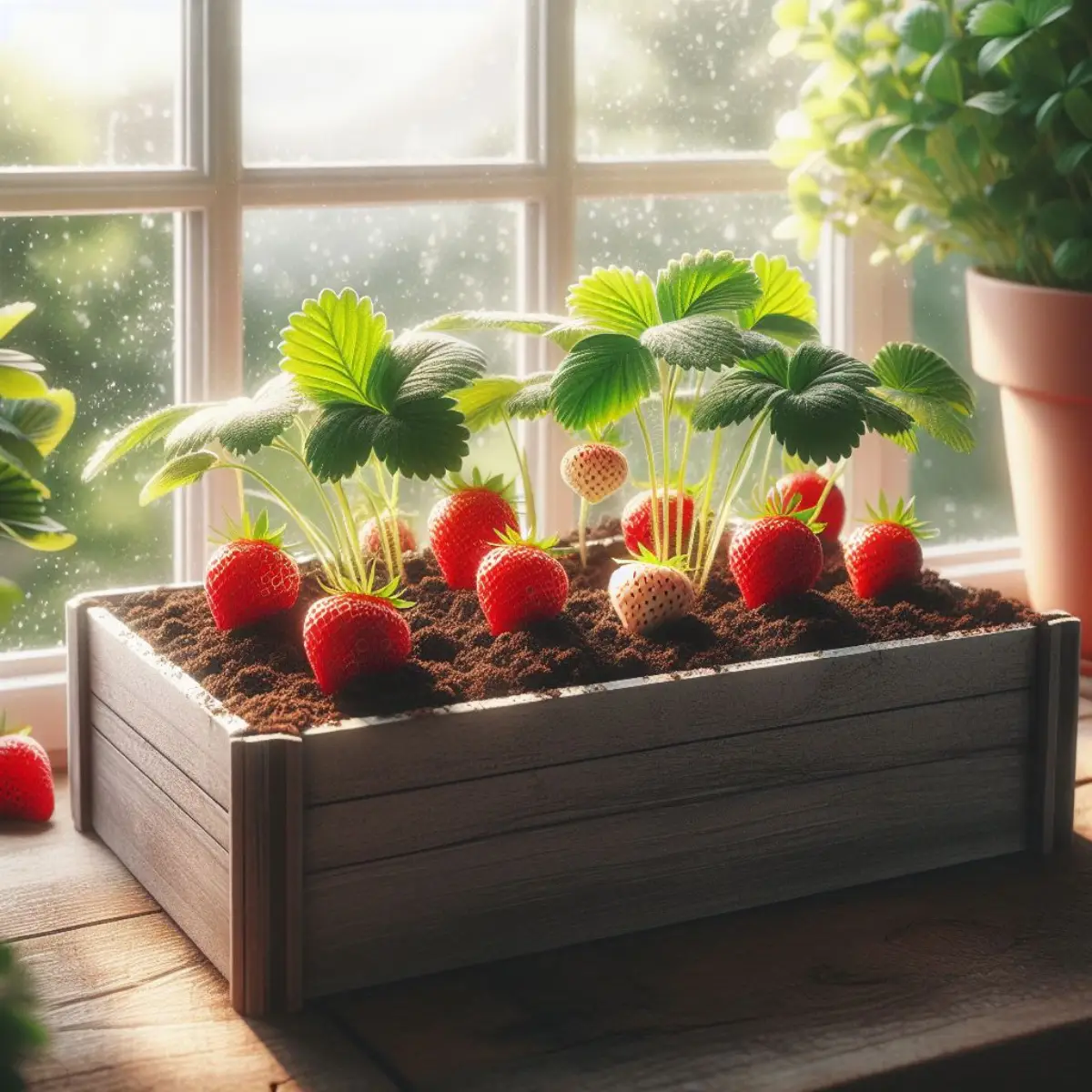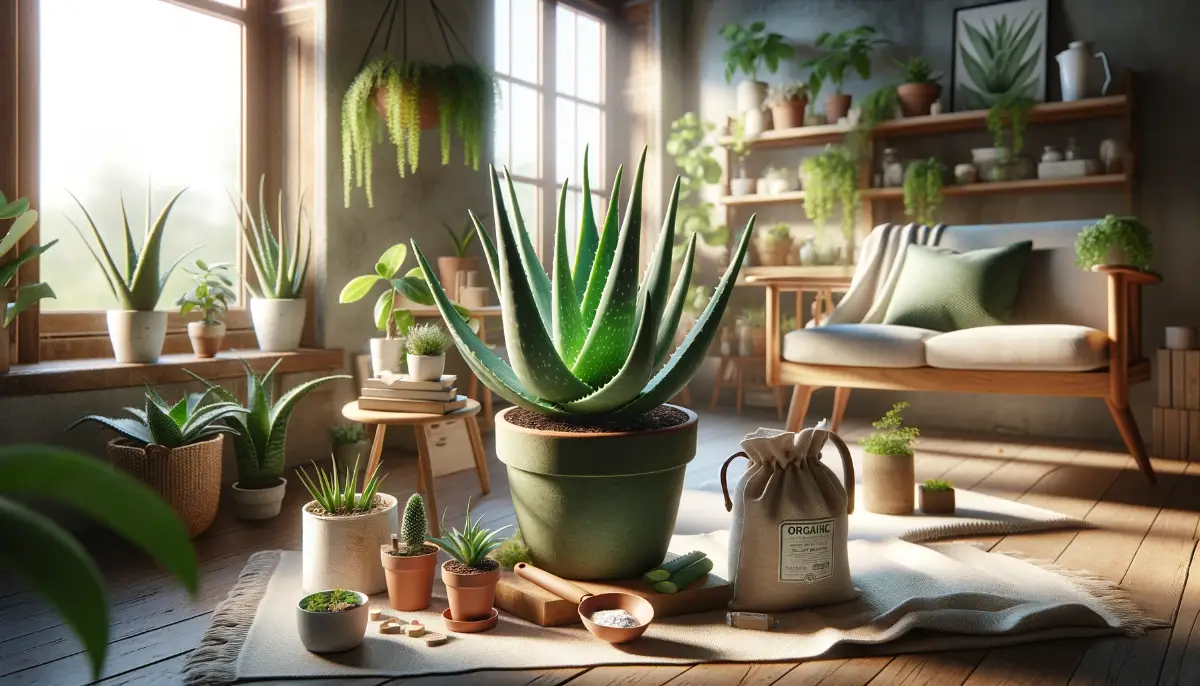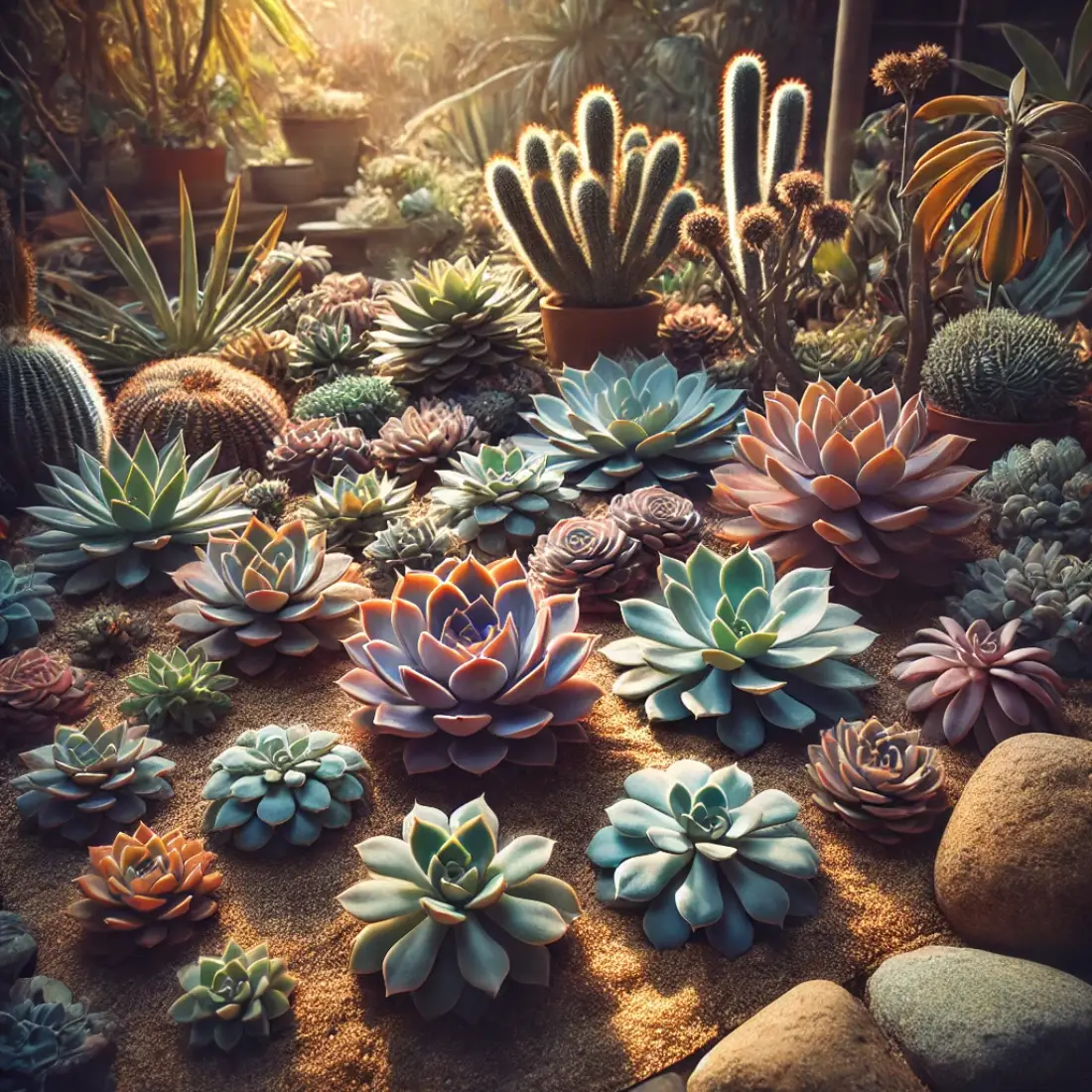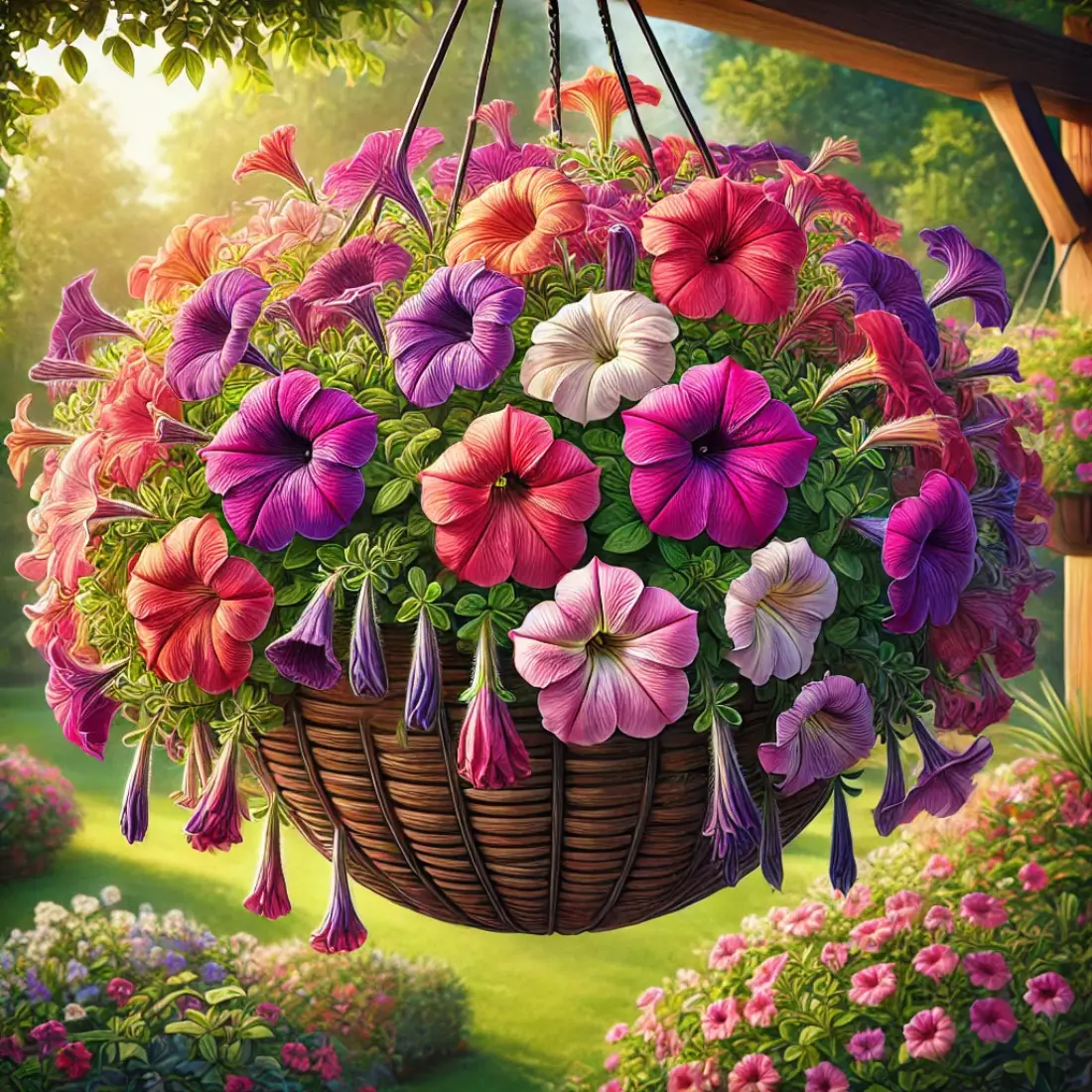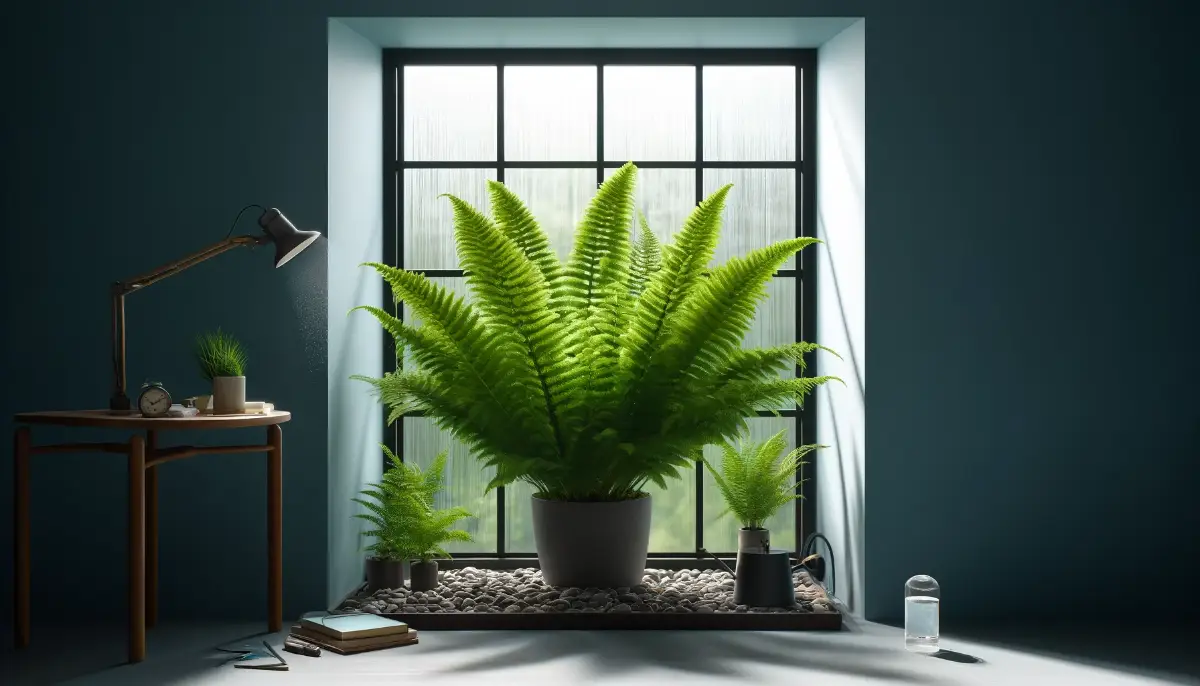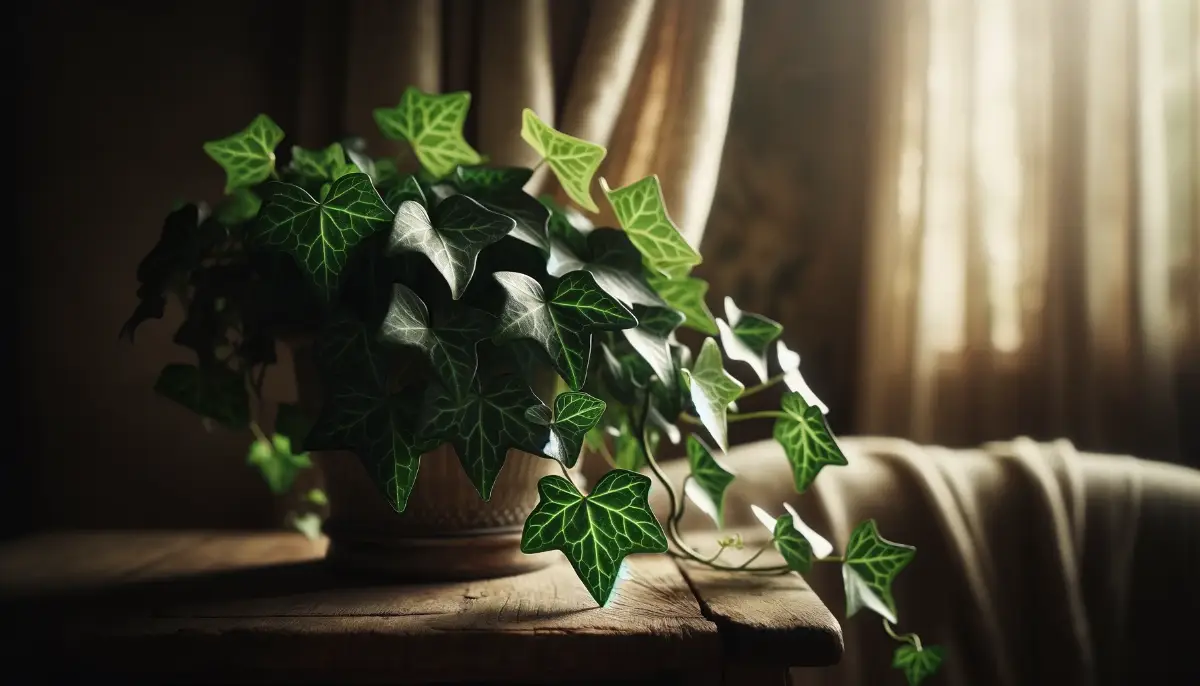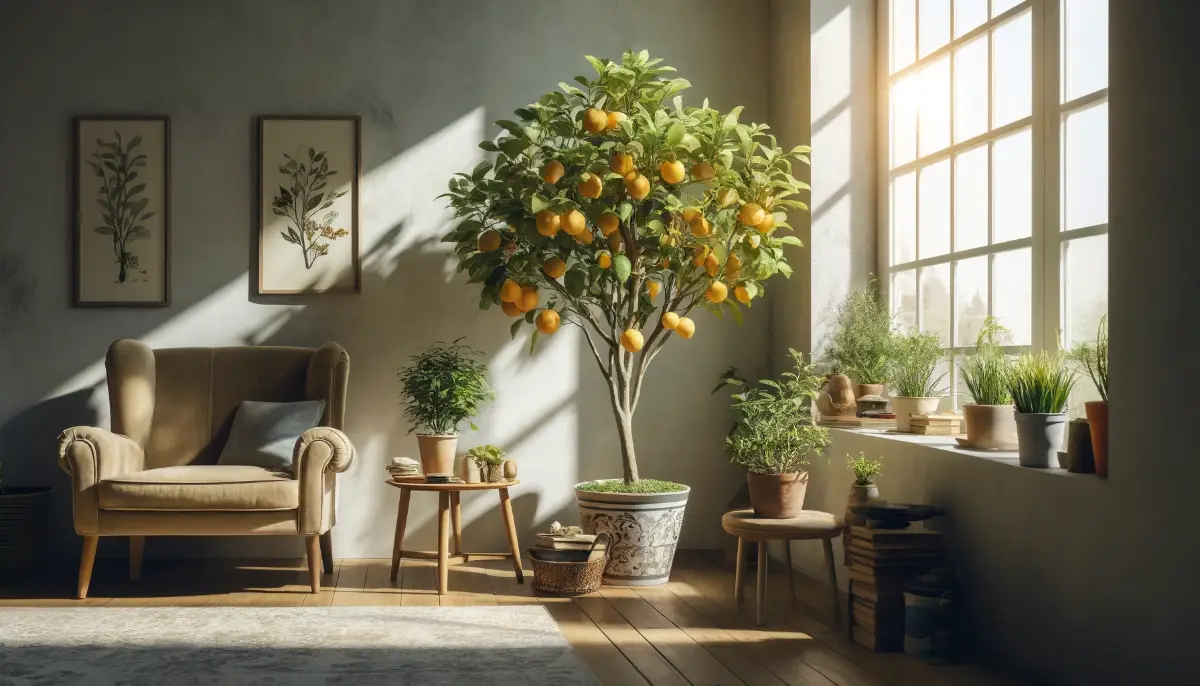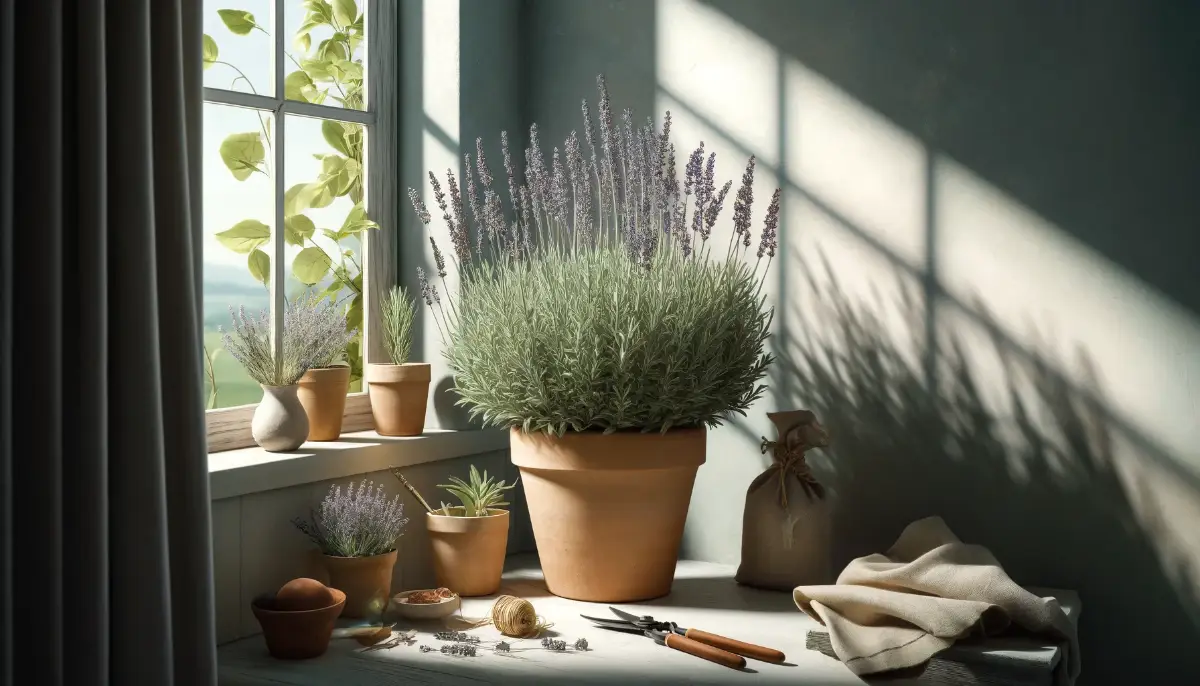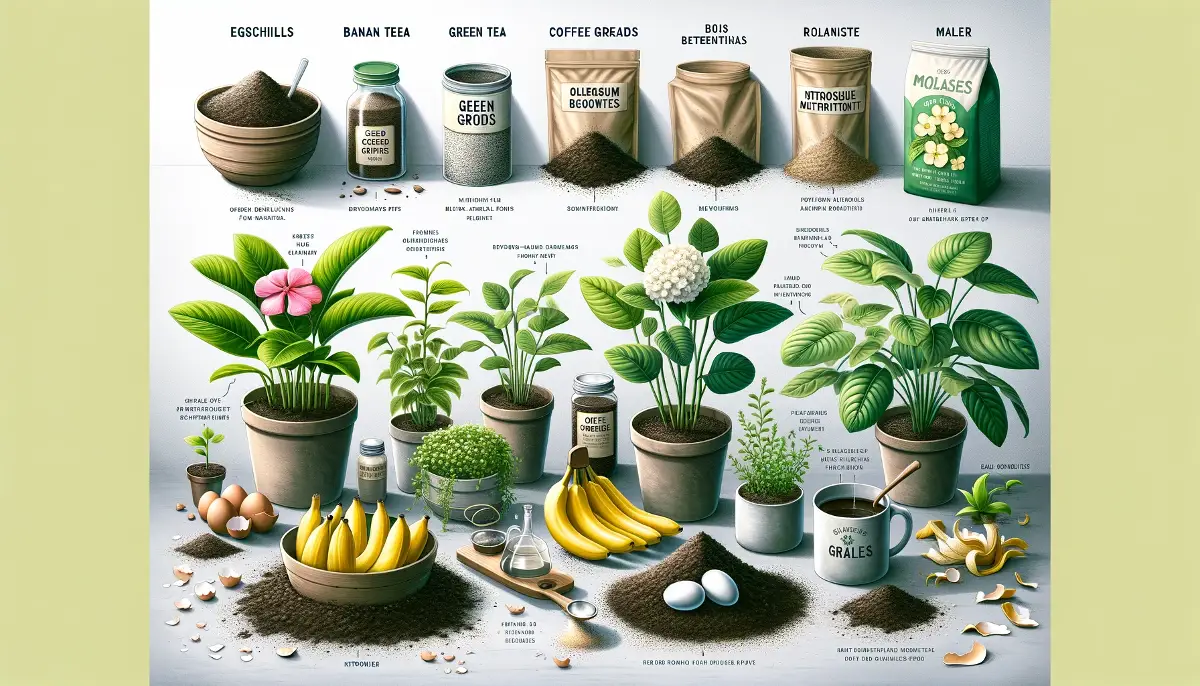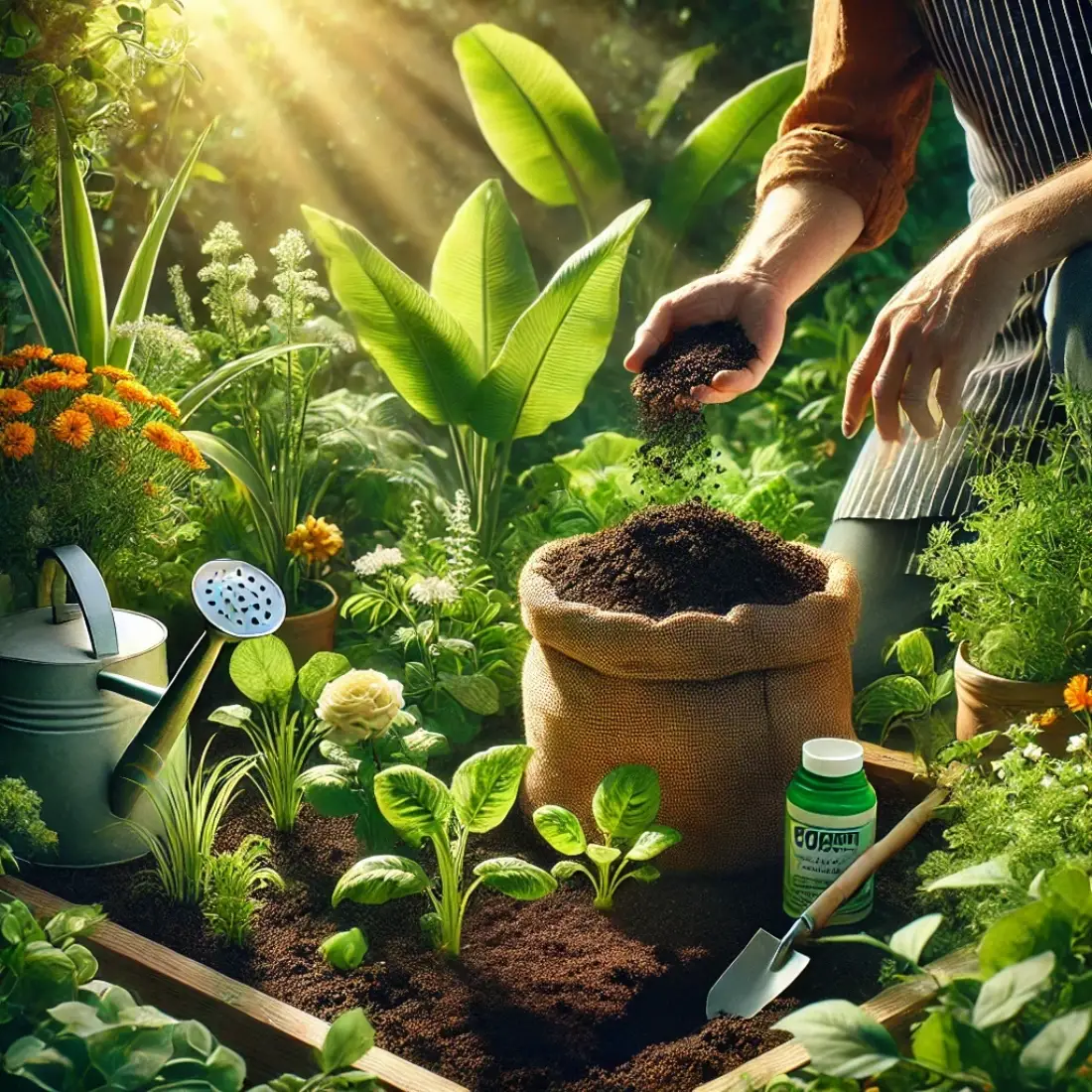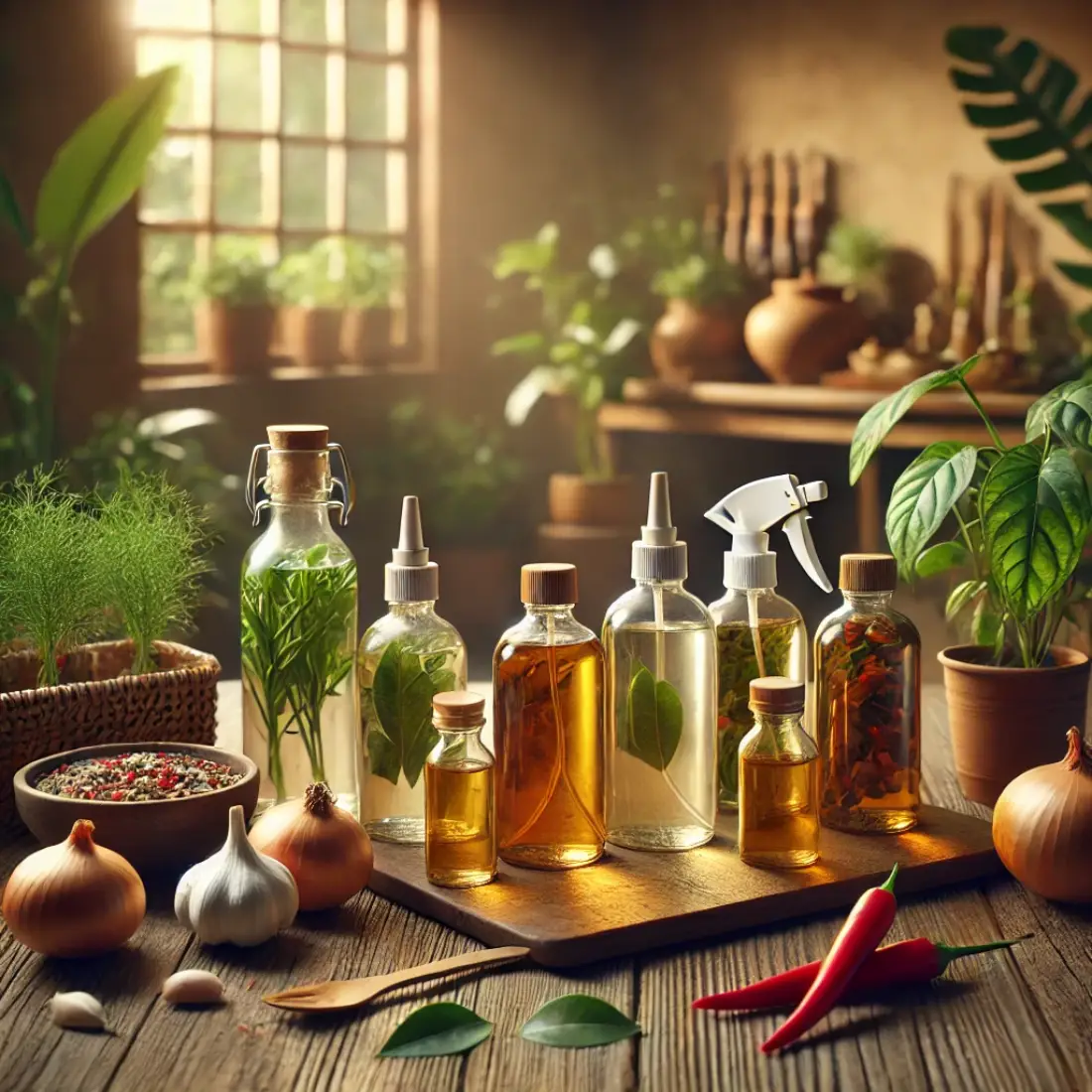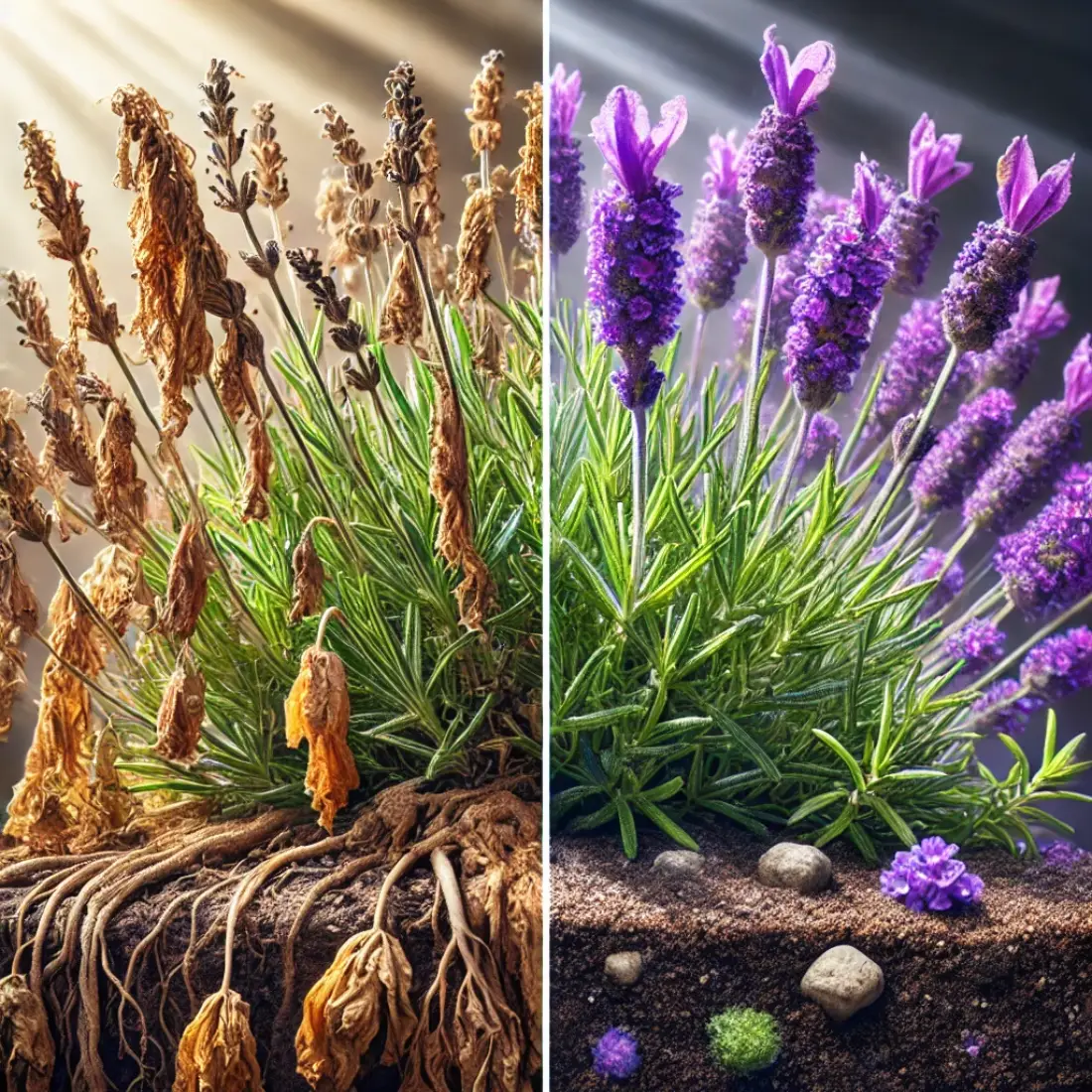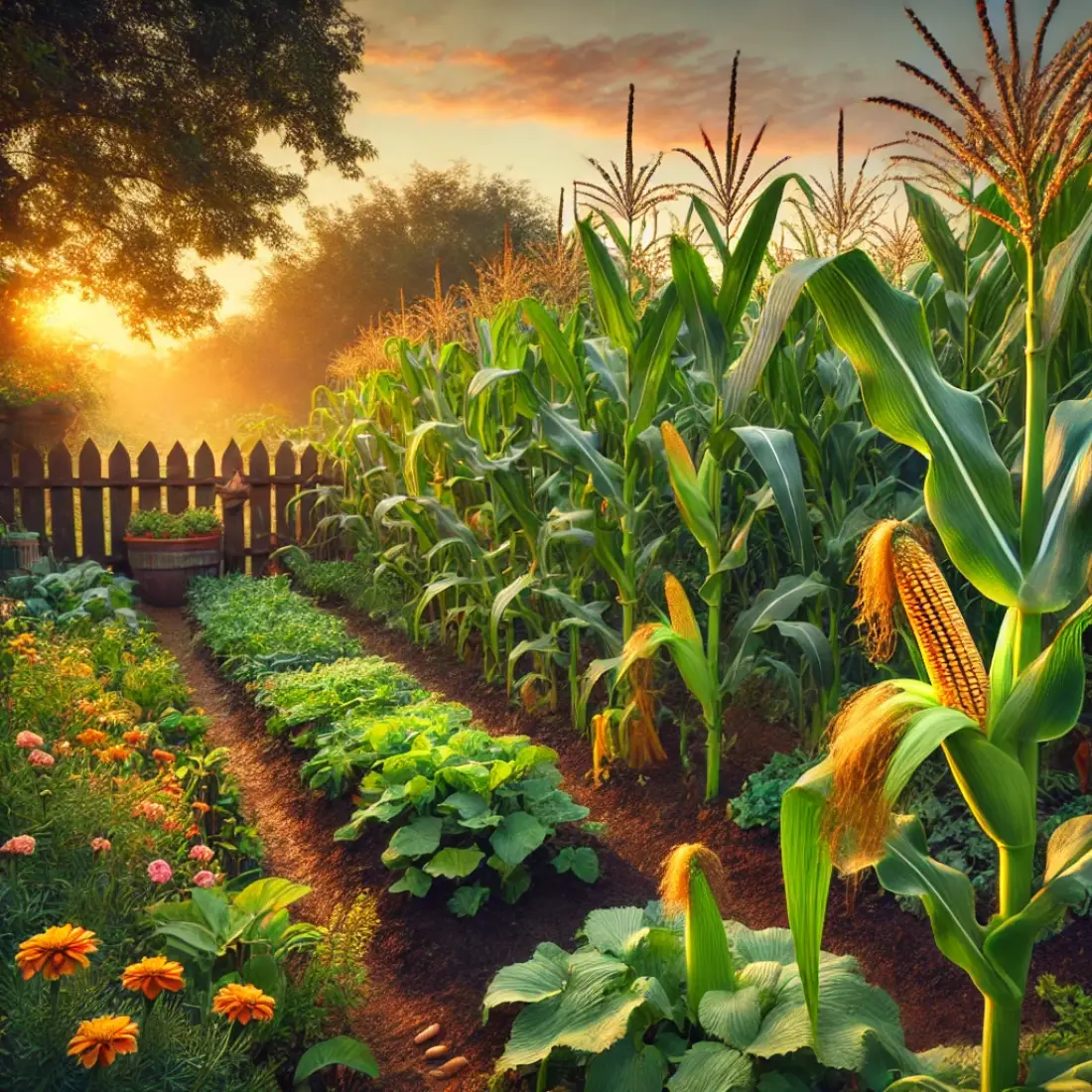A balcony garden is a creative way to bring nature into small urban spaces, offering a personal oasis amidst the concrete jungle. Whether you’re growing herbs, flowers, or even small vegetables, a balcony garden provides beauty, fresh air, and even fresh produce.
Choosing the right plants for a balcony garden is essential, as limited space and varying light conditions can impact plant growth. By selecting suitable plants and using creative planting techniques, you can transform your balcony into a thriving green retreat.
- Balcony gardens offer a great way to enjoy gardening even in small urban spaces.
- Choosing the right plants for a balcony garden is crucial for success, considering factors like sunlight, space, and maintenance.
- Herbs like basil and mint, flowers like geraniums and petunias, and succulents are excellent choices for balconies due to their adaptability and low-maintenance needs.
- Incorporating climbers and dwarf fruit trees can help maximize vertical space and add greenery without taking up much room.
- With the right care, your balcony garden can become a thriving, beautiful retreat.
Top 10 Plants for a Balcony Garden
Creating a balcony garden is an excellent way to bring nature into your home, even if space is limited. Whether you want to grow fresh herbs, vibrant flowers, or even small fruits, there are plenty of plant options that thrive in containers and small spaces. Below is a detailed guide to the top 10 plants for a balcony garden, focusing on a mix of ornamental, edible, and low-maintenance plants.
1. Herbs: Versatile and Compact
Basil: The Culinary Favorite
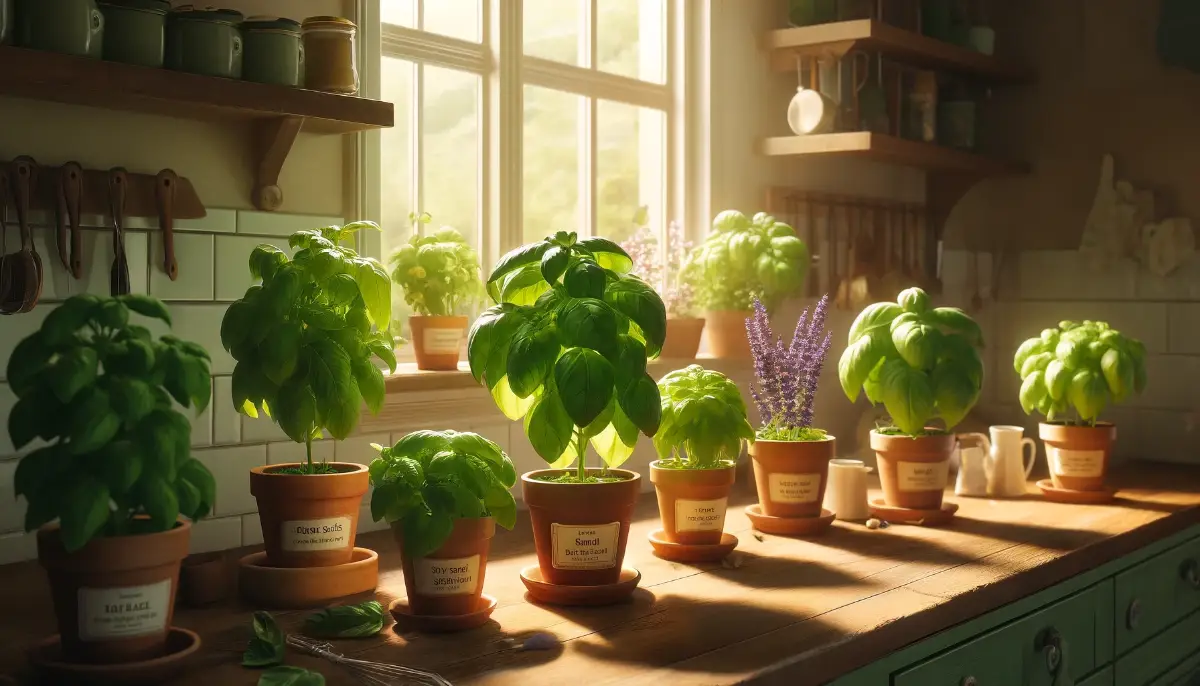
How to Grow Basil
Basil is a popular herb that’s perfect for balcony gardens due to its compact growth and culinary versatility. It thrives in full sunlight and well-drained soil, making it an ideal choice for sunny balconies. Regularly harvesting the leaves not only enhances your dishes but also encourages bushier growth.
Basil can be grown in pots or small containers, and it’s easy to care for with regular watering and occasional feeding. This herb is not only a staple in cooking but also adds a delightful aroma to your outdoor space.
Mint: Aromatic and Easy to Grow
Mint is another must-have herb for your balcony garden, known for its refreshing scent and flavor. It prefers partial shade, making it suitable for balconies that don’t receive full sunlight. Mint spreads quickly, so it’s best grown in a pot to prevent it from overtaking other plants. This hardy plant requires minimal maintenance and thrives with regular watering. You can use mint leaves in teas, salads, and a variety of dishes, adding a fresh, vibrant touch to your culinary creations.
Thyme: Low-Maintenance and Hardy
Thyme is a resilient herb that’s perfect for balcony gardens, especially if you’re looking for something low-maintenance. This herb is drought-tolerant and thrives in full sun, though it can also handle partial shade.
Thyme’s small, fragrant leaves are great for seasoning, and its creeping growth habit makes it an attractive addition to your balcony. It’s ideal for planting in containers or even in hanging baskets where it can cascade over the edges, adding both greenery and functionality to your garden.
2. Tomatoes: Ideal for Vertical Space
Cherry Tomatoes: Compact and Productive
Cherry tomatoes are a fantastic choice for balcony gardens, particularly for those looking to make the most of vertical space. These small, juicy tomatoes grow well in pots and hanging baskets, and they thrive in sunny conditions.
Choose a compact or dwarf variety to ensure they don’t outgrow your space. Cherry tomatoes require regular watering and feeding, but they reward you with a bountiful harvest throughout the growing season. They’re perfect for fresh salads, snacks, and even homemade sauces, making them a valuable addition to any balcony garden.
3. Strawberries: Perfect for Hanging Baskets
Alpine Strawberries: Small and Flavorful
Alpine strawberries are a delightful addition to balcony gardens, known for their small, sweet berries that are packed with flavor. These strawberries are ideal for containers and hanging baskets, where they can drape over the sides, maximizing space.
They prefer a sunny spot but can tolerate some shade. Alpine strawberries are easy to care for, requiring regular watering and well-drained soil. Unlike larger strawberry varieties, these plants produce fruit throughout the growing season, offering a continuous supply of fresh berries for your enjoyment.
4. Succulents: Low-Maintenance Beauty
Aloe Vera: Medicinal and Tolerant
Aloe Vera is a popular succulent that’s perfect for balcony gardens due to its low-maintenance needs and medicinal properties. This plant thrives in well-drained soil and sunny conditions, making it ideal for balconies with plenty of sunlight.
Aloe Vera is drought-tolerant, so it requires minimal watering, especially during the cooler months. Beyond its decorative appeal, Aloe Vera leaves can be used to soothe burns and skin irritations, making it a practical choice for your garden. Its rosette of thick, fleshy leaves adds a touch of greenery to your space.
Echeveria: Colorful and Compact
Echeveria is a stunning succulent that’s known for its colorful rosettes and compact size, making it ideal for small spaces. This plant thrives in bright light and well-drained soil, and it’s highly drought-tolerant, requiring little water.
Echeveria comes in various shades of green, blue, pink, and purple, adding a splash of color to your balcony garden. It’s perfect for planting in small pots, rock gardens, or even as part of a succulent arrangement. Echeveria is easy to care for, making it a great choice for beginners and busy gardeners alike.
5. Flowers: Add Color and Fragrance
Geraniums: Bright Blooms for Sun
Geraniums are classic balcony plants known for their vibrant, long-lasting blooms and ability to thrive in sunny conditions. They’re available in a wide range of colors, from reds and pinks to purples and whites, making them perfect for adding a splash of color to your balcony.
Geraniums are relatively low-maintenance, requiring regular watering and occasional feeding to keep them blooming. They’re also fairly drought-tolerant once established, making them a resilient choice for balcony gardens. Whether in pots, hanging baskets, or window boxes, geraniums bring cheerful color to any space.
Petunias: Abundant Flowering Plants
Petunias are another excellent choice for adding color to your balcony garden. Known for their prolific blooms and wide range of colors, petunias can brighten up any outdoor space. They thrive in full sun and well-drained soil, making them perfect for sunny balconies.
Petunias are versatile, suitable for planting in containers, hanging baskets, or even window boxes. With regular deadheading and feeding, petunias will continue to bloom throughout the season. Their trailing varieties are particularly effective in hanging baskets, where they can cascade down in a beautiful floral display.
6. Ferns: Lush Greenery for Shaded Areas
Boston Fern: Air-Purifying and Elegant
Boston Ferns are a great option for balconies that receive indirect light or partial shade. These ferns are known for their lush, feathery fronds and air-purifying qualities. Boston ferns thrive in humid conditions and prefer to be kept moist, so they may require more frequent watering than some other balcony plants.
They’re perfect for hanging baskets or pots, where their fronds can create a soft, green curtain of foliage. In addition to their decorative appeal, Boston ferns help improve air quality, making your balcony a healthier and more pleasant place to relax.
7. Chilies: Spice Up Your Space
Jalapeños: Compact and Productive
Jalapeño peppers are a fantastic option for balcony gardens, especially for those who enjoy a bit of spice in their cooking. These compact plants are well-suited to container growing and thrive in sunny conditions. Jalapeños are relatively easy to care for, requiring regular watering and a well-draining potting mix.
They produce a steady supply of peppers throughout the growing season, which can be used fresh or dried for later use. In addition to their culinary value, jalapeño plants add a touch of greenery and color to your balcony.
8. Climbers: Maximize Vertical Space
Ivy: Versatile and Decorative
Ivy is a versatile climber that’s perfect for adding vertical greenery to your balcony. This hardy plant is easy to grow and can tolerate a wide range of conditions, from full sun to partial shade. Ivy can be trained to grow up trellises, walls, or railings, helping to maximize the use of vertical space.
It’s also great for adding privacy to your balcony by creating a green screen. Ivy’s evergreen leaves provide year-round interest, making it a valuable addition to any balcony garden. Regular trimming helps keep it in check and encourages fuller growth.
9. Dwarf Citrus Trees: A Fruity Addition
Lemon Tree: Fragrant and Productive
A dwarf lemon tree is a fantastic way to add both beauty and functionality to your balcony garden. These trees are compact enough to grow in large pots and thrive in sunny conditions, making them perfect for balconies with plenty of light.
Lemon trees are relatively easy to care for, requiring regular watering and feeding to produce fruit. The fragrant flowers and glossy green leaves are an added bonus, making the tree as decorative as it is productive. Fresh lemons can be harvested right from your balcony, adding a refreshing zest to your cooking and drinks.
10. Lavender: Fragrant and Ornamental
English Lavender: Aromatic and Attractive
English Lavender is a wonderful plant for balcony gardens, known for its aromatic foliage and beautiful purple flowers. This hardy plant thrives in full sun and well-drained soil, making it ideal for balconies with lots of light. Lavender is drought-tolerant once established, so it requires minimal watering.
The fragrant flowers not only add beauty to your space but also attract pollinators like bees and butterflies. Lavender can be used in various ways, from making sachets and potpourri to adding a subtle flavor to culinary dishes. Its silvery-green foliage and vibrant blooms make it a standout in any balcony garden.
FAQs about the Best Plants for a Balcony Garden
Can I grow plants on a shaded balcony?
Yes, you can grow a variety of plants on a shaded balcony. Opt for shade-tolerant plants like ferns, mint, and ivy, which thrive in lower light conditions.
How often should I water my balcony plants?
The frequency of watering depends on the plant type and the weather. Generally, water when the top inch of soil feels dry. Succulents need less water, while herbs and flowers may require more frequent watering.
What type of soil is best for balcony plants?
Use a high-quality potting mix that provides good drainage and is rich in nutrients. You can also mix in perlite or sand to improve soil drainage for plants like succulents.
Can I grow vegetables on my balcony?
Absolutely! Many vegetables, like cherry tomatoes, peppers, and leafy greens, can thrive in containers on a balcony, provided they get enough sunlight and proper care.
How do I prevent pests in my balcony garden?
To prevent pests, regularly inspect your plants, remove any dead leaves, and consider using natural pest deterrents like neem oil. Also, ensure good air circulation around plants.
What are the best plants for a sunny balcony?
For a sunny balcony, choose plants like basil, geraniums, lavender, and succulents. These plants thrive in full sunlight and are well-suited to bright, warm conditions.
How can I maximize space in a small balcony garden?
Maximize space by using vertical gardening techniques such as hanging baskets, wall planters, and trellises. Plant compact or trailing varieties that don’t require much room.
Do I need to fertilize my balcony plants?
Yes, most balcony plants benefit from regular fertilization, especially during the growing season. Use a balanced, water-soluble fertilizer according to the specific needs of your plants.
Can I grow fruit trees on my balcony?
Yes, dwarf fruit trees like lemon trees can be grown in large pots on a balcony. They require plenty of sunlight and regular watering but can produce fruit even in small spaces.
What are some easy-care plants for beginners?
For beginners, easy-care plants like aloe vera, mint, and petunias are great choices. These plants are resilient, require minimal maintenance, and are forgiving if you miss a watering.

